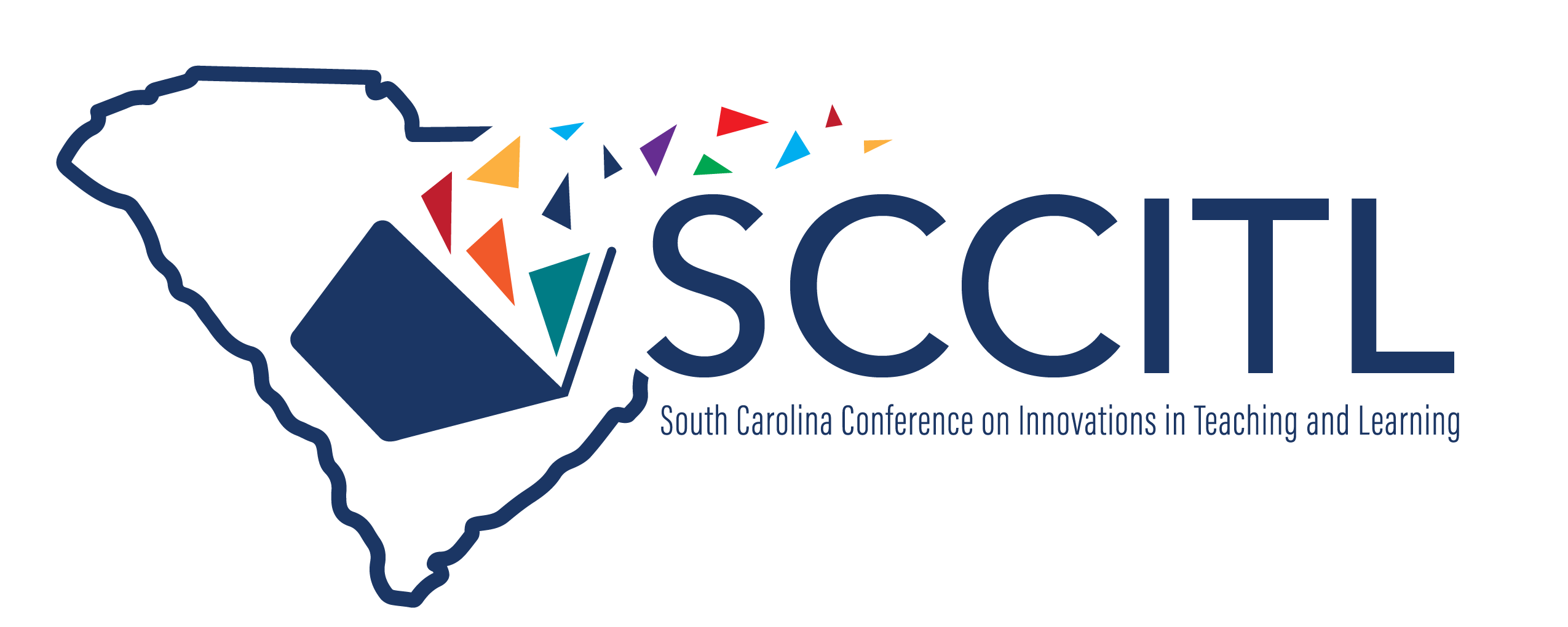Applications of Video Analysis in the Assessment and Education of Surgical Trainees
Track Choices
Innovations in Organizational and Educational Development
Abstract
Surgical residency programs have historically relied upon an apprenticeship model, whereby attending surgeons observe trainees and directly provide subjective feedback. However, this feedback is often limited by time and prone to observer biases. Analysis of surgical recordings can overcome these limitations through several mechanisms. For instance, postoperative video review between a senior surgeon and a trainee permits more nuanced discussions that are often not possible during a live operation. Additionally, objective analysis of videos either by human observers or with the use of artificial intelligence enables measurements that can characterize a surgeon's technique. While some observers can predict a trainee's skill level from short segments of surgical recordings, the measurements used to make such a determination remain largely unknown. Application of machine learning to video analysis has the potential to further define and evaluate key components of surgical performance with increased speed and accuracy. These data can be used to provide surgeons with more objective measures of their performance, progression of skill, and highlight areas for improvement. This presentation will discuss the current and potential applications of video analysis in the education of surgical trainees.
Applications of Video Analysis in the Assessment and Education of Surgical Trainees
Zoom Room 3
Surgical residency programs have historically relied upon an apprenticeship model, whereby attending surgeons observe trainees and directly provide subjective feedback. However, this feedback is often limited by time and prone to observer biases. Analysis of surgical recordings can overcome these limitations through several mechanisms. For instance, postoperative video review between a senior surgeon and a trainee permits more nuanced discussions that are often not possible during a live operation. Additionally, objective analysis of videos either by human observers or with the use of artificial intelligence enables measurements that can characterize a surgeon's technique. While some observers can predict a trainee's skill level from short segments of surgical recordings, the measurements used to make such a determination remain largely unknown. Application of machine learning to video analysis has the potential to further define and evaluate key components of surgical performance with increased speed and accuracy. These data can be used to provide surgeons with more objective measures of their performance, progression of skill, and highlight areas for improvement. This presentation will discuss the current and potential applications of video analysis in the education of surgical trainees.


